Precise EMG testing that pinpoints exactly what’s causing your numbness, tingling, or muscle weakness.
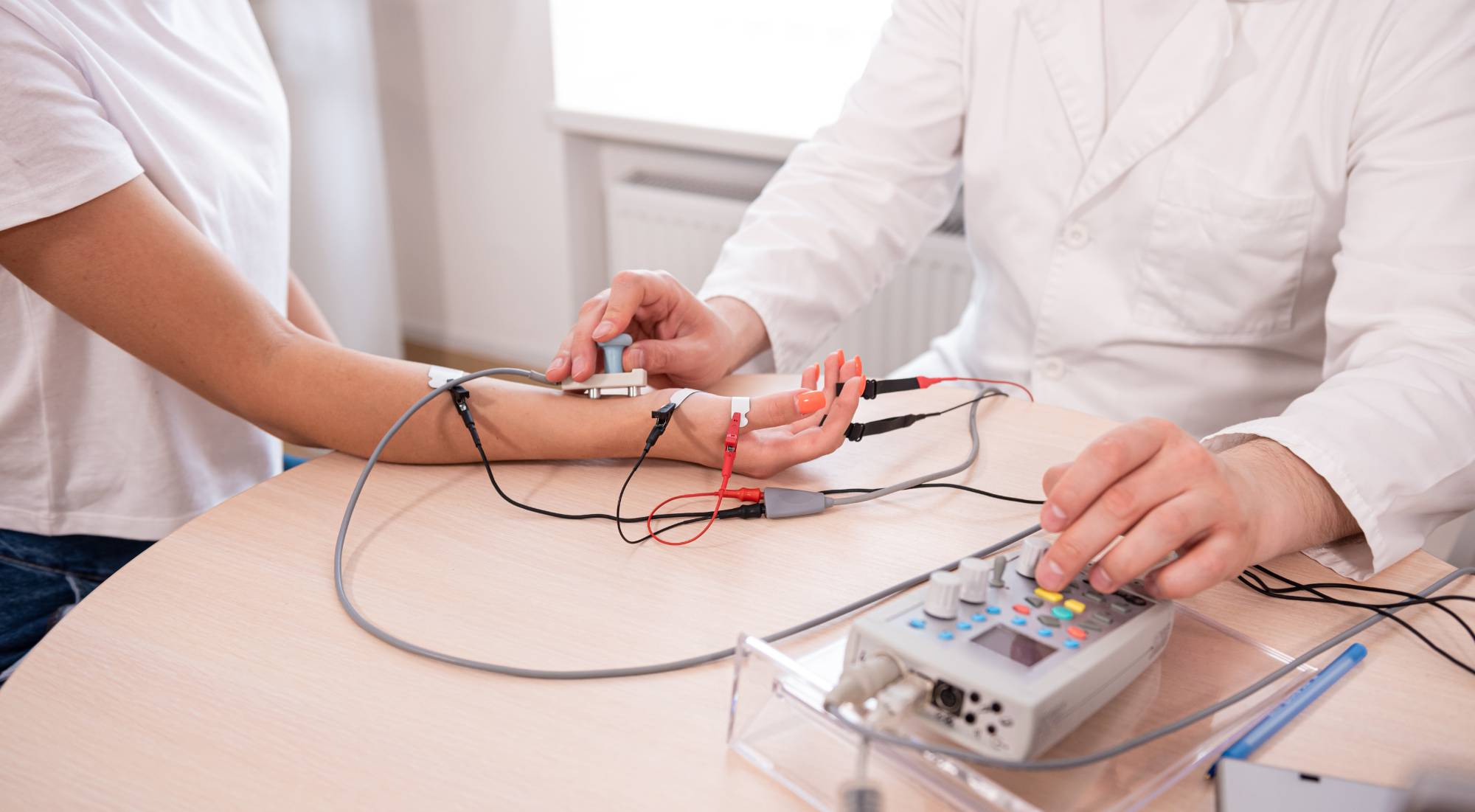
Reviews
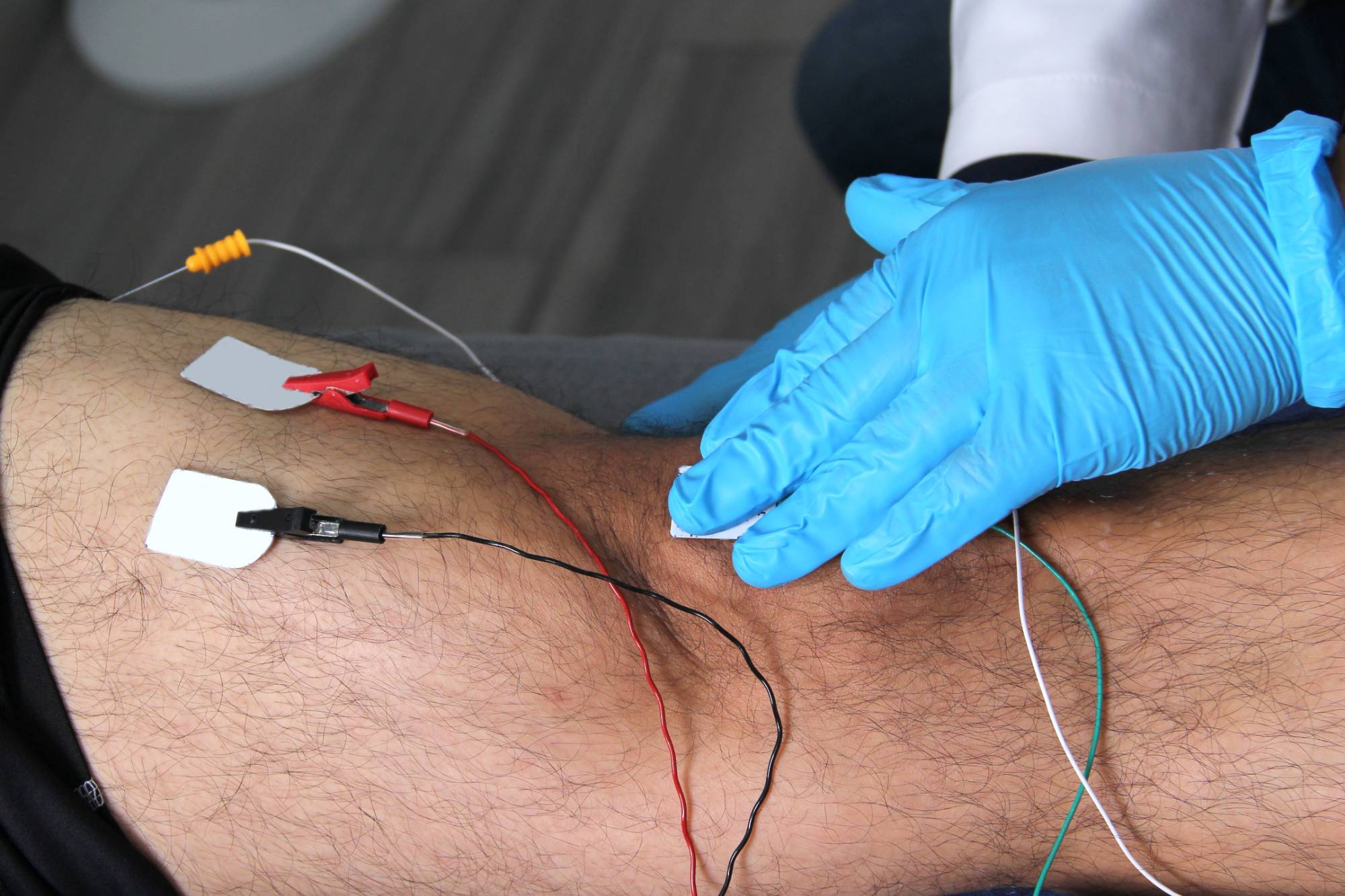
You’ve been dealing with symptoms that don’t make sense. Numbness that comes and goes. Tingling that keeps you awake. Muscle weakness that makes simple tasks frustrating.
EMG testing gives you the definitive answers you need. Within 60 to 90 minutes, you’ll know exactly which nerves or muscles are affected, how severe the problem is, and what treatment options will actually work for your specific condition.
No more guessing. No more trying treatments that don’t address the root cause. Just clear, measurable results that guide your path to relief.
We’ve been providing accurate diagnostic testing to South Florida residents for years. Our team consists of board-certified physicians who specialize in spine and nerve conditions, with extensive experience in electromyography and nerve conduction studies.
Located conveniently for Coral Way Village residents, we use state-of-the-art EMG equipment that provides more precise readings than older technology. Every test is performed by our experienced technicians and interpreted by specialists who take time to explain your results in terms you can understand.
We accept most major insurance plans and work directly with your referring physician to ensure seamless coordination of your care.
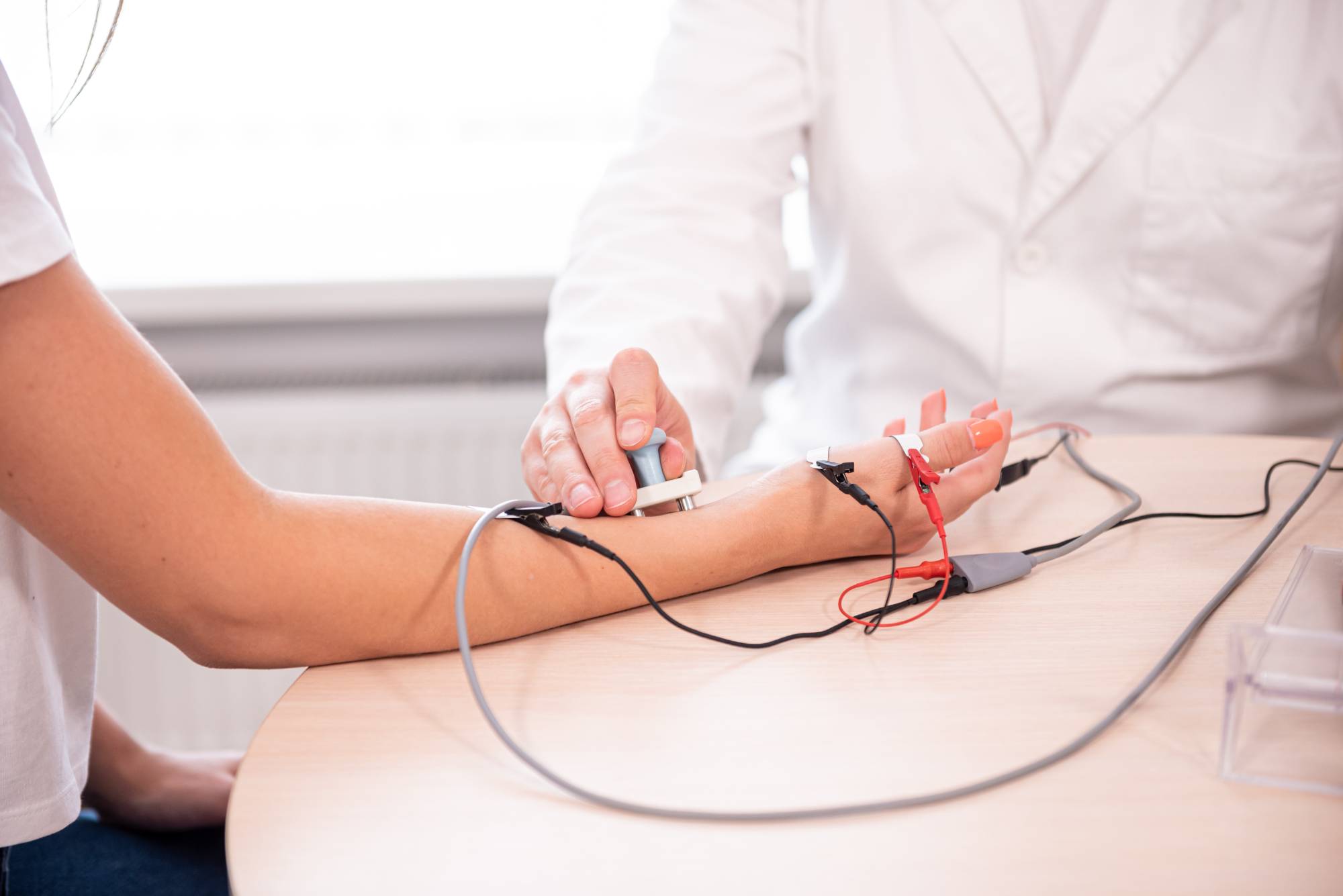
Your EMG test starts with a brief consultation where you’ll discuss your symptoms and medical history. Our technician explains exactly what to expect during the procedure.
The nerve conduction study comes first. Small electrodes are placed on your skin, and mild electrical impulses measure how well your nerves transmit signals. This part takes about 15 to 30 minutes and feels like small taps or mild static electricity.
Next is the electromyography portion. A thin needle electrode is inserted into specific muscles to measure electrical activity. While this sounds uncomfortable, most patients find it much more tolerable than expected. The entire EMG testing process typically takes 60 to 90 minutes.
You’ll receive your results immediately after testing. Our physician reviews your findings, explains what they mean for your condition, and discusses the next steps in your treatment plan.
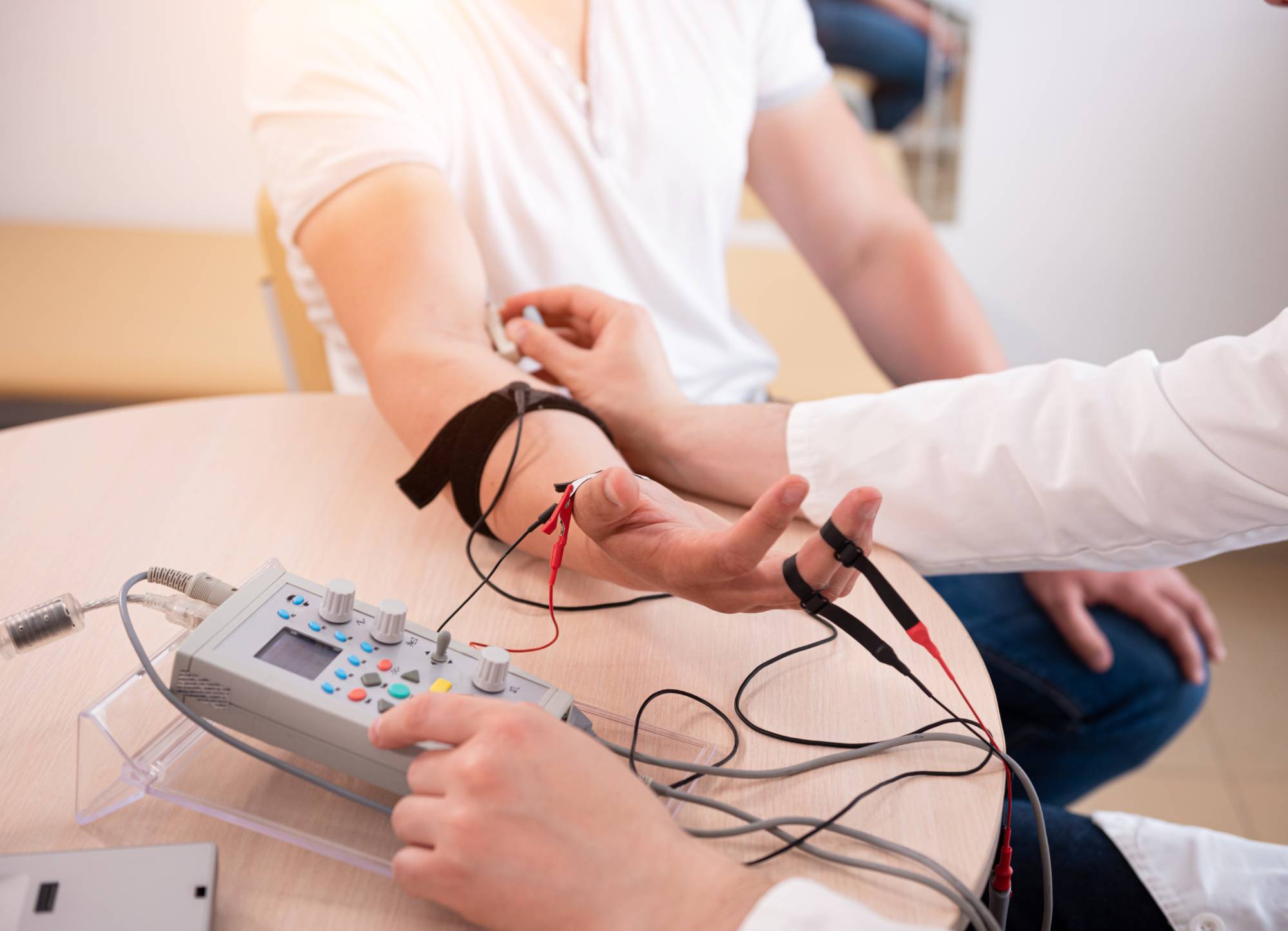
Ready to get started?
Your EMG testing includes both electromyography and nerve conduction studies for the most comprehensive evaluation possible. This combination testing approach identifies problems that single tests might miss.
The nerve conduction study portion evaluates how well electrical signals travel through your peripheral nerves. It can detect conditions like carpal tunnel syndrome, diabetic neuropathy, and pinched nerves with precise measurements of nerve function.
Electromyography testing examines the electrical activity within your muscles themselves. This identifies muscle disorders, nerve root problems, and conditions affecting the connection between nerves and muscles. Together, these tests provide a complete picture of your neuromuscular system.
You’ll receive detailed results that show exactly where problems exist, how severe they are, and whether they’re getting better or worse over time. This information is crucial for developing an effective treatment plan that addresses your specific condition.
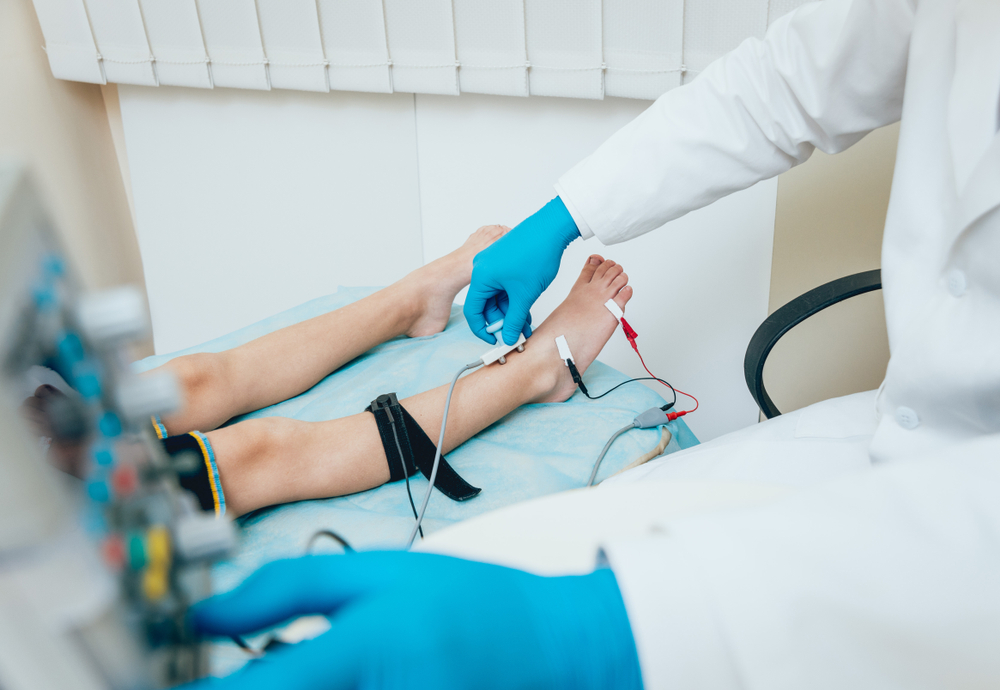
New York:
Florida:
Support